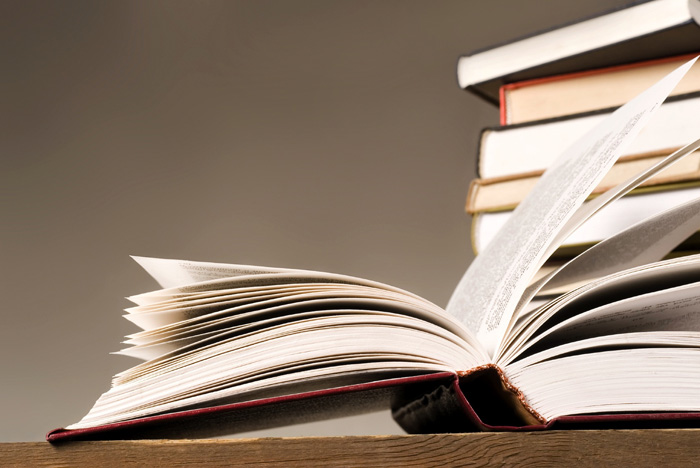Deep passion, not pockets, is the trick to building a truly well-developed personal collection

Let's first rid ourselves of a prevailing notion: Book collecting is for the wealthy.
Simply not true; some of the best collections are formed by people with the most limited means. A creative collection idea, well-developed and well-focused, easily outstrips in personal and scholarly value a collection of expensive first editions.
Anyone can be a book collector; the key is to develop an interesting focus to your collection, then follow it through. Books are easily accumulated and most mystery enthusiasts have a fine reading library. A true book collection, however, must be united by a central idea.
A.W. Pollard wrote of book collecting in his famous essay in the 11th edition of the Encyclopedia Britannica:
In the modern private collection, the need for a central idea must be fully recognized. Neither the collector nor the curator can be content to keep a mere curiosity shop. It is the collector's business to illustrate his central idea by his choice of examples, by the care with which he describes them and the skill with which they are arranged.
The importance of focus in a book collection cannot be overstated. Keeping a strict focus to your collection prevents the accumulation of the unnecessary, and saves you time and money. Having a wide variety of interests makes you an interesting conversationalist, but usually not an interesting book collector. Pick an interest and stick to it.
Now enters the question of what to collect. The potential topics are endless, only limited in scope by your imagination. You could collect every edition of Mickey Spillane's books, books with an African-American private eye, every mystery book set in Scotland. And so on.
Here are several main routes to collection building:
1) The Author Collection
When most people think of book collecting, they think of the author collection. This is where you try to accumulate all the books written by a particular author. A common route is to focus on first editions of an author, but a more comprehensive collection seeks to add every reprint, foreign edition, and special edition of an author's books, in addition to magazine articles and newspaper appearances. Needless to say, this can become quite extensive and expensive. Imagine, for example, all the editions of Agatha Christie.
Famous and popular mystery authors already command high prices for their first editions and generally this route to collecting should be reserved for those with either unlimited means or unlimited optimism. Those on a smaller budget, however, can still form interesting comprehensive author collections of lesser known authors. By conducting price searches online, a potential collector can get an idea of whether a particular author's books fall within his or her collecting price range.
As it is difficult to guess which authors will stand the test of time, author collections should only be attempted if the collector has a genuine and lasting interest in the author, regardless of the author's resale value. Tracking down every foreign reprint of James M. Cain, for example, is only for the true Cain lover.
Regardless of the author's fame, the best author collections have one thing in common: unique materials. Whether this means draft copies of novels, copies inscribed by the author, letters written by the author, notes from the author's editor, or even a postcard from the author to her aunt in Spain, unique materials significantly enhance a collection. Add unique materials to your library whenever possible.
A slight twist on the author collection would be to focus on a particular illustrator. Edward Gorey, for example, has become quite collectible and the books he illustrated are often valued more for his illustrations than the author's text. The same principles of author collections apply to illustrator collections.
In summary, don't bother collecting the big names (Christie, Doyle, Poe, etc.) unless you have unlimited means. Instead, focus on a lesser known author and make the collection as unique and comprehensive as possible. Don't begin an author collection, however, unless you have a genuine, lasting interest in a particular author.
Most Popular
Nonfiction J. J. Hainsworth |
Nonfiction Bernard A. Drew |
Nonfiction Lee Goldberg |
Our Awards


